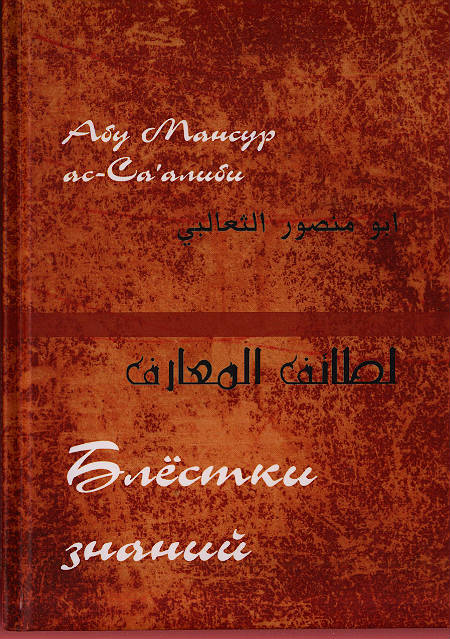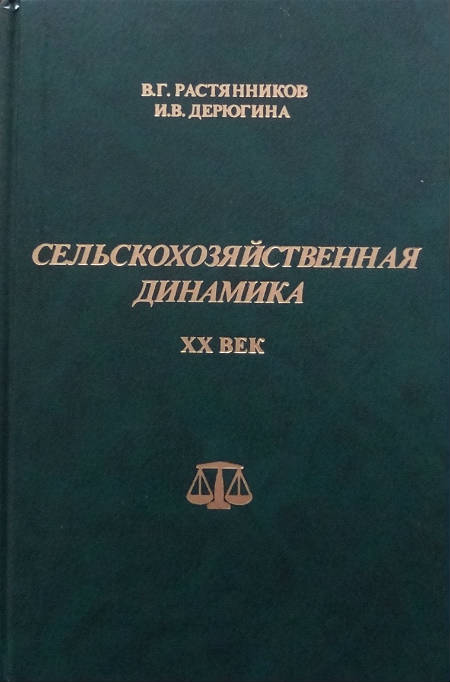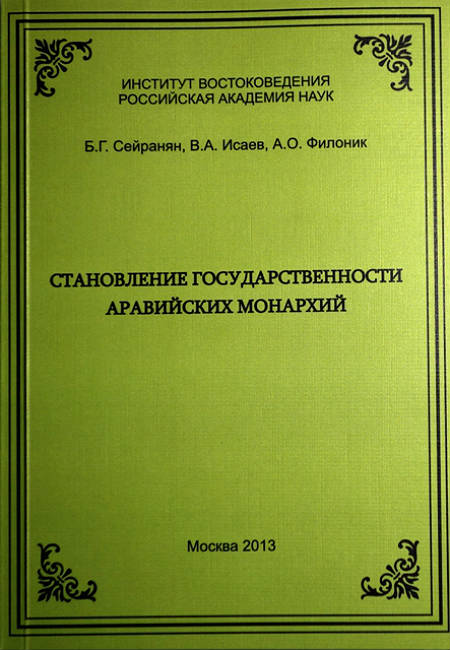Book
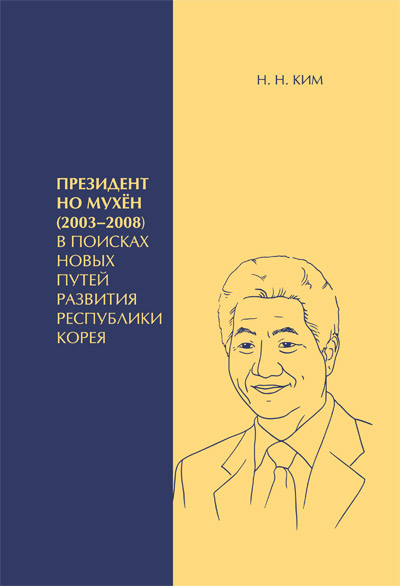 Президент Но Мухён (2003–2008): в поисках новых путей развития Республики Корея. Издание 2-е, исправленное
Президент Но Мухён (2003–2008): в поисках новых путей развития Республики Корея. Издание 2-е, исправленное

Kim Natalya
Editor: Aleksandr Voronczov
Institute of Oriental Studies of the Russian Academy of Sciences
Москва, 2023, 266 p.
This book reviews and analyzes the political legacy of Roh Moohyun [No Muhyeon] (1946–2009) and public and partisan reactions to his reforms. Having entered politics during the rise of the democratic movement and struggle against the military-authoritarian regime in the 1980s, Roh was elected to the presidency in 2002 and served as the 9th President of the Republic of Korea from 2003 to 2008. Upon taking office, President Roh set out to form a “participatory government” guided by progressive principles (jinbojuui). Driven by the ideals of a socially oriented model of state, he worked to institute largescale socio-economic and political reforms. The author explores the difficulties and challenges Roh and his government faced in attempting to transform the Republic of Korea into a welfare society. In its detailed
look at the complex political controversies that arose between progressives and conservatives over specific reform measures, South Korea’s relations with North Korea and the United States during his tenure, and Roh Moo-hyun’s personal reflections on the political future of Korea, this book makes a valuable contribution to any study of contemporary Korean politics and society.
This research was supported by the 2021 Korea Studies Grant Program of the Academy of Korean Studies (AKS-2021-R040).
Content
Introduction.... 8
Chapter I. Roh Moo-hyun: From Lawyer to President of the Republic of Korea ...16
1.1. The road to the Blue House...16
1.2. The 2002 Presidential Campaign: Roh Moo-hyun’s victory... 28
The Millennium Democratic Party in the 2002 primaries... 28
The 2002 presidential campaign: candidate portraits ...36
Roh Moo-hyun’s campaign...44
Results of the 2002 presidential campaign ...49
Chapter II. Internal Political Confrontation under Roh Moo-hyun’s Presidency ... 58
2.1. From dispatching troops to Iraq to the impeachment of the president (February 2003–May 2004)... 58
Appointing a special prosecutor to investigate money transfers to North Korea ... 58
Dispatching troops to Iraq... 63
Establishing the Uri Party ... 65
The conflict around disclosure of information about the political parties’ funds...69
Impeachment of President Roh Moo-hyun... 73
2.2. Controversy surrounding reform projects of the Participatory Government (2004–2007)...81
Reform of the electoral system...81
Proposal for a coalition government... 83
Proposal for the repeal of the National Security Act....86
Private school reform ... 89
Media reform project...94
The historical memory policies of the Participatory Government... 98
Constitutional reform project ...109
Why the reform projects of the Participatory Government failed ... 112
Chapter III. Inter-Korean Dialogue: Relations between the ROK and the DPRK... 121
The key principles of dialogue with North Korea...121
Periods and trajectories of North-South cooperation...127
International crisis on the Korean peninsula and the search for dialogue with the North
(February 2003 – June 2004)... 131
Stagnation in North-South relations (July 2004 – May 2005)...135
Restoration of North-South political dialogue (June 2005 – June 2006)....138
Testing the resilience of inter-Korean dialogue (July 2006 – May 2007)...142
Preparation for and outcomes
of the Inter-Korean Summit (June 2007– February 2008)...147
Practical results of the “peace and prosperity policy» towards the DPRK ...153
Chapter IV. US-ROK Relations under the Participatory Government...159
The US-ROK alliance: attempts to transform the military and promote political cooperation...159
The North Korean issue in the context of the US-ROK alliance ...172
US-ROK Free Trade Agreement: pro et contra...182
Chapter V. The Political Legacy of Roh Moo-hyun ...197
Past achievements and current tasks of democracy in Korea ...198
Essential attributes of a Korean politician today ... 205
What does jinbojuui mean in Korean politics?... 210
“Vision 2030”: A program of national development...227
Roh Moo-hyun’s legacy in contemporary Korean politics...231
Conclusion ...240
Bibliography ...244
Appendices... 255
List of political parties ... 263
Summary ...264
About the author ... 265
РУССКАЯ ВЕРСИЯ: Президент Но Мухён (2003–2008): в поисках новых путей развития Республики Корея. Издание 2-е, исправленное


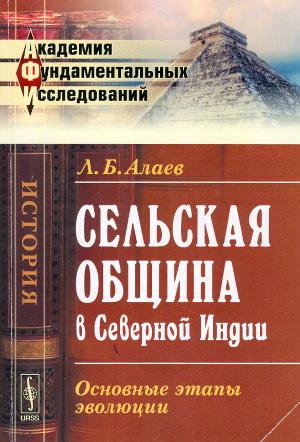
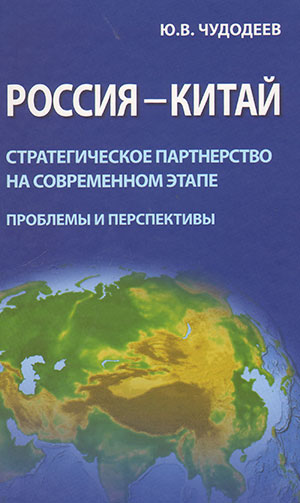
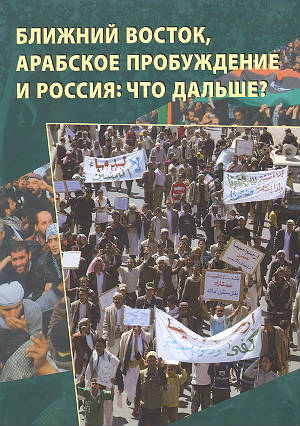
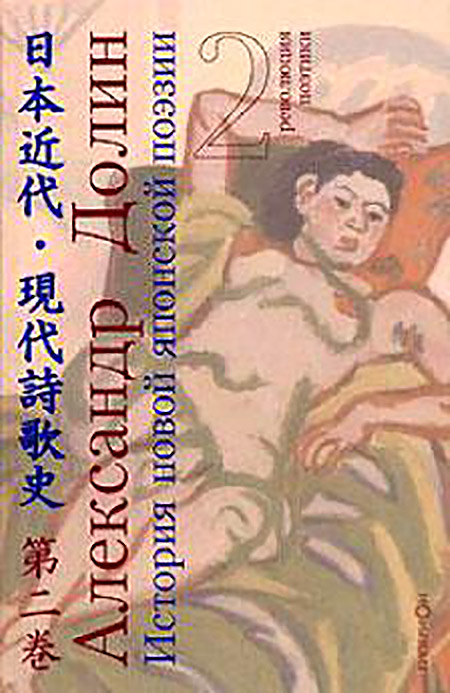
![Алмазная сутра, или Сутра о Совершенной мудрости, рассекающей [тьму невежества], как удар молнии Польза «Ваджраччхедика праджня парамита сутры» Алмазная сутра, или Сутра о Совершенной мудрости, рассекающей [тьму невежества], как удар молнии Польза «Ваджраччхедика праджня парамита сутры»](/f/almaznayasutra-cover.jpg)
